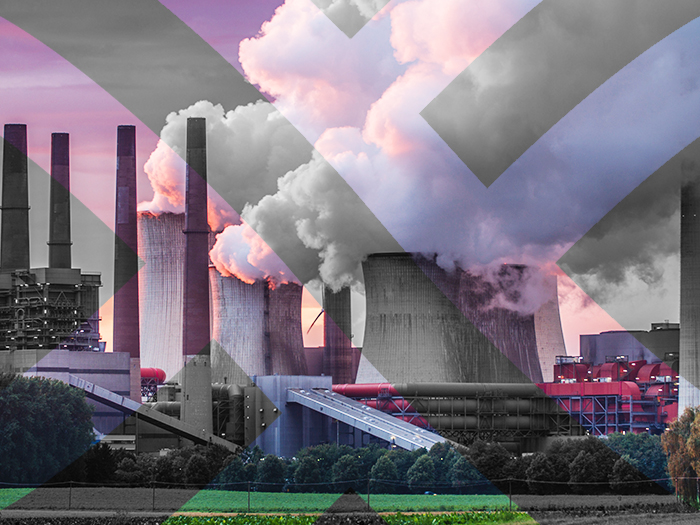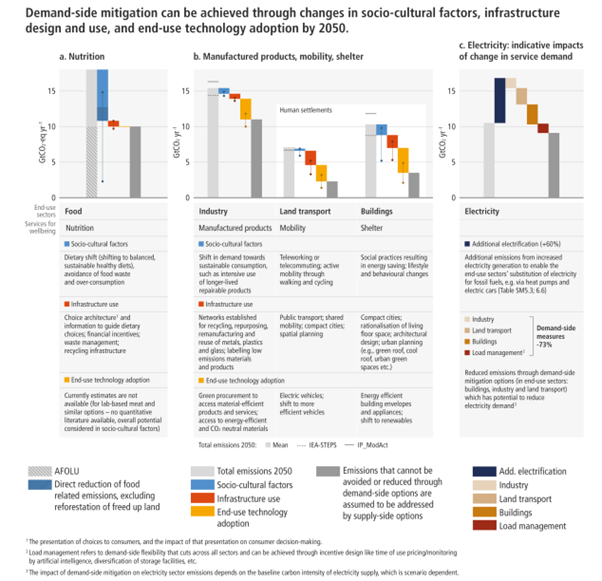Insights
better business decisions
Posted 3 years ago | 3 minute read

Window for climate action closing fast, says IPCC
Growth in global emissions has slowed over the past decade, but much more needs to be done, including halving global emissions by 2030, to keep the goal of 1.5C in reach and avoid the worst impacts of climate change, the United Nations’ Intergovernmental Panel on Climate Change’s (IPCC) latest report has shown.
Introducing the report, COP26 President Alok Sharma, said: “This report makes clear that the window to keep 1.5 degrees alive is closing alarmingly fast. The warning lights are yet again flashing bright red on the climate dashboard and it is high time for governments to sit up and act before it is too late […] We know that a net zero economy presents huge opportunities for growth and the creation of good green jobs and so countries and companies need to accelerate that transition.
Published on 4 April, the report highlights the need for urgent action in decarbonising energy, industry, transport and making homes more energy efficient, to achieve the Paris Agreement’s central goal of keeping a global temperature rise this century to well below 2°C above pre-industrial levels and to pursue efforts to limit the temperature increase even further to 1.5C. The report also shows a trend showing a slowing growth of global emissions and details how economic growth can be achieved alongside ambitious emissions reductions and the falling costs of renewables and battery technologies.
The role of “demand-side” action in the field of climate mitigation, was also noted, with the report estimating this could reduce emissions by 40% to 70% by 2050 compared to baseline scenarios. But it noted that infrastructure design and access, and technology access and adoption, including information and communication technologies, will be critical in influencing patterns of demand and ways of providing services.

Source: IPCC
GridBeyond CEO and Co-Founder Michael Phelan said:
“Soaring energy prices and the war in Ukraine have prompted governments around the globe to rethink their energy policies. Many countries – including the US, the UK and the EU – are considering ramping up fossil fuels as part of their response, but the IPCC report makes clear that increasing fossil fuels would put the 1.5C target beyond reach.
“Climate change is one of the biggest challenges facing the world and its effects are already being seen. Decarbonising the power sector by ramping up the adoption of renewable energy is essential. But the global shift can only be achieved through a combination of clean energy generation, intelligent energy system balancing, new technologies and power grid interconnectivity. Collaboration and knowledge sharing across sectors, industries and countries will be crucial in supporting economies deliver on their ambitions.
“GridBeyond’s vision is to develop a shared energy economy through innovation and technological advances. To this end, we have worked closely with our clients across the globe to support the transition of the energy markets into more decarbonised, digitalised and decentralised models. All while enhancing commercial and operational benefits for market participants through fast-acting automation and optimisation of demand, storage, electric vehicle fleets, grid-connected and distributed generation assets.”






